No products in the cart.
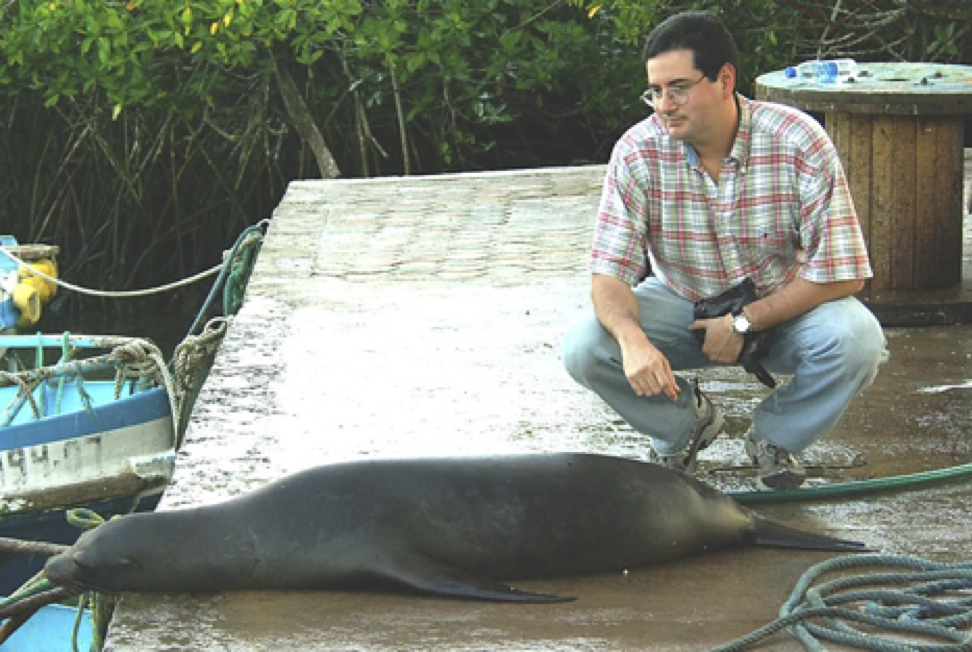
Dr. Juan Jose Alava
Originally from Ecuador, Juan José Alava is a marine eco-toxicologist and an environmental scientist/conservation biologist. Since he was a little boy his dream was to become a zoologist. He has studied marine mammals, seabirds, and sea turtles since the early 1990s. Juan José did his undergraduate studies (Biology) at Universidad de Guayaquil (Ecuador). From 1995 to 2002, he started working as a Microbiology Research Assistant at the National Institute of Hygiene and Tropical Medicine of Ecuador, then as a wildlife biologist for Fundación Natura. Under a Fulbright Scholarship, he received a master (Earth and Environmental Resource Management) from University of South Carolina, Columbia (U.S.). Then, he moved to British Columbia (Canada) where he received his Ph.D. from Simon Fraser University (SFU). He is the Science Director of Fundación Ecuatoriana para el Estudio de Mamíferos Marinos (FEMM). He also serves as an Adjunct Professor at the School of Resource and Environmental Management, SFU. Juan José currently works as a Research Associate (Research Faculty) and Principal Investigator (Ocean Pollution Research Unit) at the Institute for the Oceans and Fisheries (IOF), University of British Columbia (UBC). His research focuses on the assessment of multiple-anthropogenic stressors and impacts (i.e., ocean pollution, climate change, fisheries interactions and bycatch mitigation strategies) on marine fauna and ecosystems, using marine mammals and other top predators as sentinels of ocean health and “the canaries in the coal mine.” Juan José co-lead the Nippon Foundation-Ocean Litter Project at IOF/UBC to assess the pollution footprint and hazard risk of plastics/microplastic in the global ocean and conduct food-web bioaccumulation modelling of microplastics and pollutants in marine-coastal food webs.
Dr. Kristy Biolsi
Kristy Biolsi is Chair and Associate Professor of Psychology at St. Francis College. She is Director of the Center for the Study of Pinniped Ecology and Cognition (C-SPEC) at St. Francis. Kristy received her B.S. in Psychobiology from Long Island University, Southampton College in 2001. In 2007 she received her Ph.D. from the University of California, Santa Cruz (UCSC). Though enrolled in the Cognitive Psychology program, Kristy's research was conducted through the Institute of Marine Sciences at Long Marine Laboratory at UCSC. Her research focus was on marine mammal cognition and while at Long Marine Lab she worked specifically with the Pinniped Cognition and Sensory Systems Lab (PCSL). She conducted research on various problem solving tasks with a sea lion subject and assisted with various studies on vocal learning and auditory processing in sea lions, seals, and walruses. Kristy's current research interests are in comparative cognition, focusing on marine mammals, and she has two main lines of scientific inquiry; laboratory work that is conducted at the Long Island Aquarium and Exhibition Center in Riverhead, NY, investigating category learning with two captive, trained, California sea lions and field work which consists of data collection from surveys and naturalistic observations of the local wild harbor seal population. Kristy is the co-founder and Director of the Center for the Study of Pinniped Ecology and Cognition (C-SPEC; www.sfc.edu/pinniped).
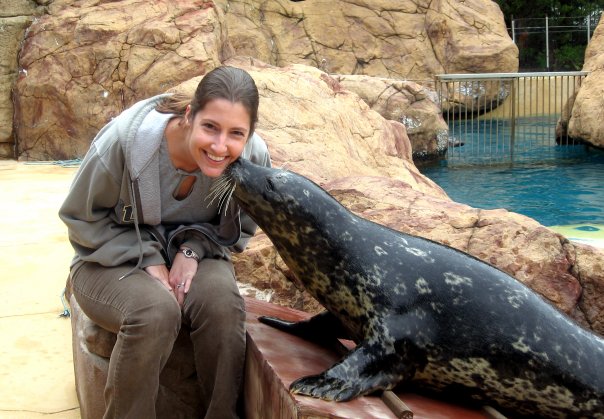
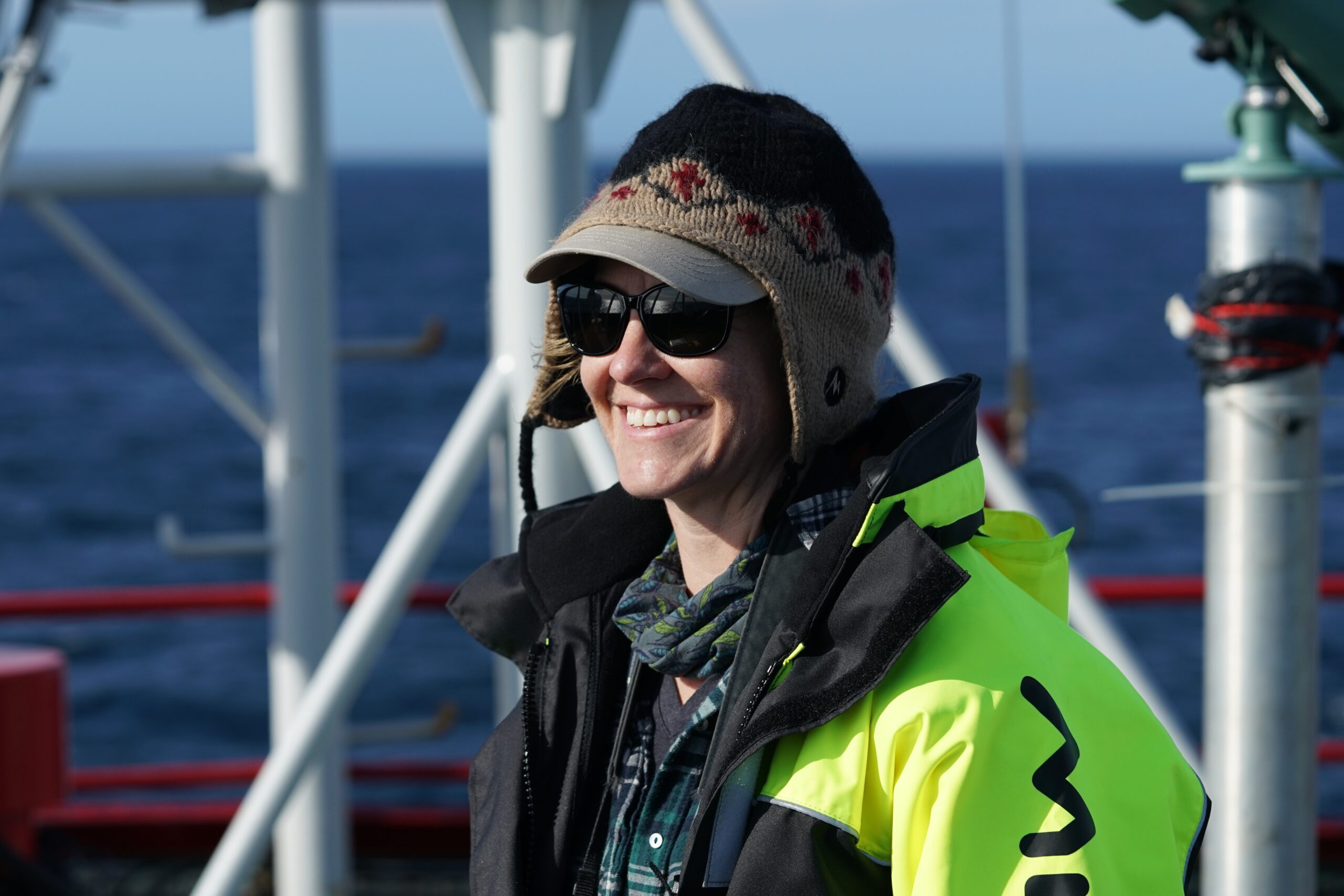
Dr. Elizabeth Henderson
Elizabeth Henderson has been a Bioacoustic Scientist with NIWC Pacific for the last six years, where she currently leads the Detection, Classification, Localization and Density Estimation (DCLDE) lab. She has extensive experience conducting research on the vocalizations and behavior of marine mammals for over 20 years, including overseeing multiple behavioral and acoustic monitoring projects. Recent work has included assessing the habitat use and behavioral response of tagged humpbacks to Navy sonar, the response of Blainville's beaked whales to multiple sources of anthropogenic noise, and the behavior and habitat use of acoustically localized and tracked cetaceans. Ongoing research projects include evaluating baseline behavior and densities of localized or tracked beaked, minke, and humpback whales at PMRF and their behavioral responses to Navy activity on the range. Elizabeth has a B.A. in PsychoBiology, a M.Sc. in Wildlife and Fisheries Biology, and a PhD in Biological Oceanography from Scripps Institution of Oceanography, where she also served as a Postdoctoral Fellow.
Dr. Shane Kanatous
Shane Kanatous is a Brooklyn, New York, native transformed into the rare hybrid of a Texas A&M Aggie who worked for the University of Texas System and is now an Associate Professor at Colorado State University. Shane has often been asked how a kid from New York City became interested in marine biology and physiology. As a child, Shane remembers watching the Undersea World of Jacques Cousteau and being fascinated by the ocean and its marine life. While his basic ideas have matured beyond being the next Jacque Cousteau, Shane's answer to the question of how a kid from New York City became a marine biologist is, that he followed his heart and dared to dream big. The best advice Shane often gives is to do whatever it takes to achieve your goals, and never let anyone or anything discourage you from achieving those dreams. Seek the advice and guidance of your parents, teachers, and mentors, and remember the road may not always be smooth, but the journey will be an amazing one.
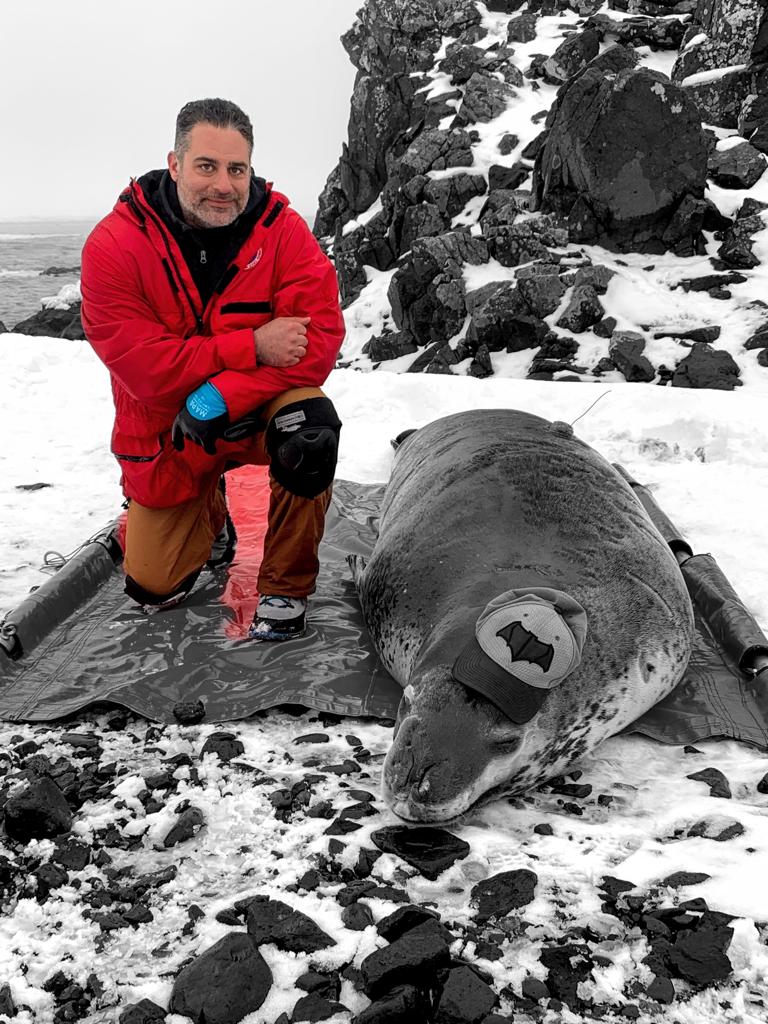
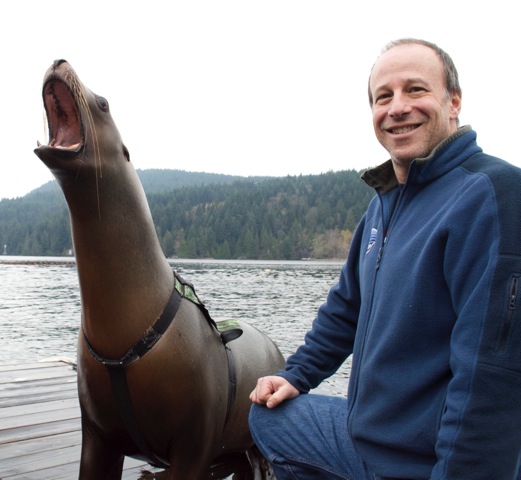
Dr. David Rosen
Originally from Toronto, David Rosen did his undergraduate degree at Guelph, and his graduate work at Memorial University of Newfoundland. David is currently an Assistant Professor at the University of British Columbia’s Institute for the Oceans and Fisheries. His research focuses primarily on marine mammal bioenergetics, physiology, and nutrition. David has studied a range of species, but for the last 20 years he has directed the research with the captive Steller sea lion and northern fur seal research programs at the Marine Mammal Energetics and Nutrition Lab and the Open Water Research Lab at the Vancouver Aquarium. The goal of this cooperative research program is to address the population declines in Steller sea lions and northern fur seals in the wild. He is also currently involved in joint projects with sea lions and ice seals at the Alaska SeaLife Center and UC Santa Cruz, and has been active in formulating science-based welfare regulations for marine mammals under human care. David has been an editor with Aquatic Mammals since 2011. In his spare time, he enjoys being the oldest member of his recreational ice hockey team.
Book Review Editor
MaryEllen Mateleska
MaryEllen Mateleska has been the Book Review Editor for Aquatic Mammals journal since 2016. For the past six years, she has been the Director of Education & Conservation at Mystic Aquarium in Mystic, CT, where she is responsible for managing conservation messaging and environmental initiatives on-site at Mystic Aquarium as well as with public visitors of all ages. Working through the Journal and the Aquarium, she is provided the unique opportunity to bring marine science, research, and environmental conservation directly to individuals of all ages and backgrounds.
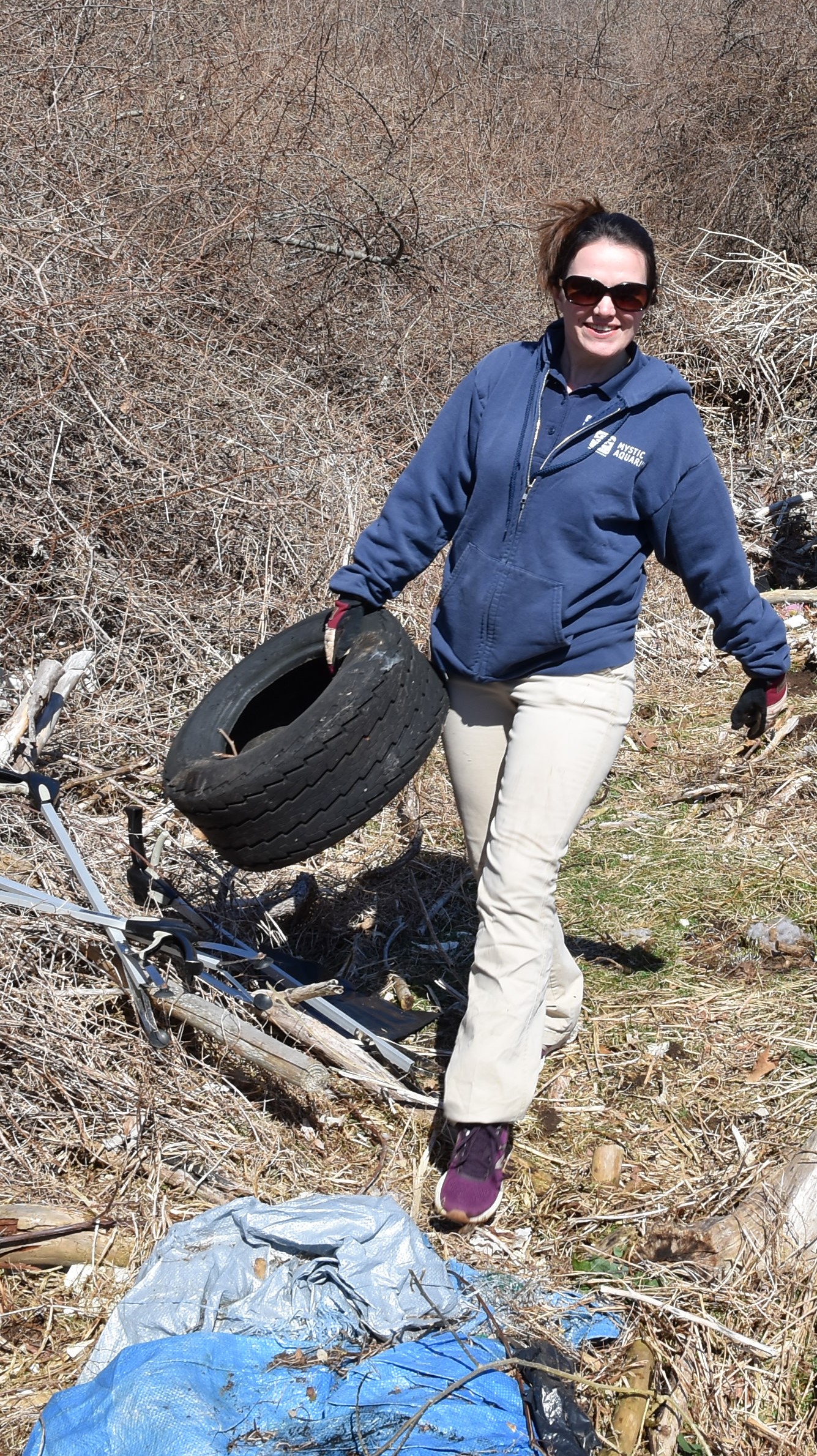
Copyedit Team
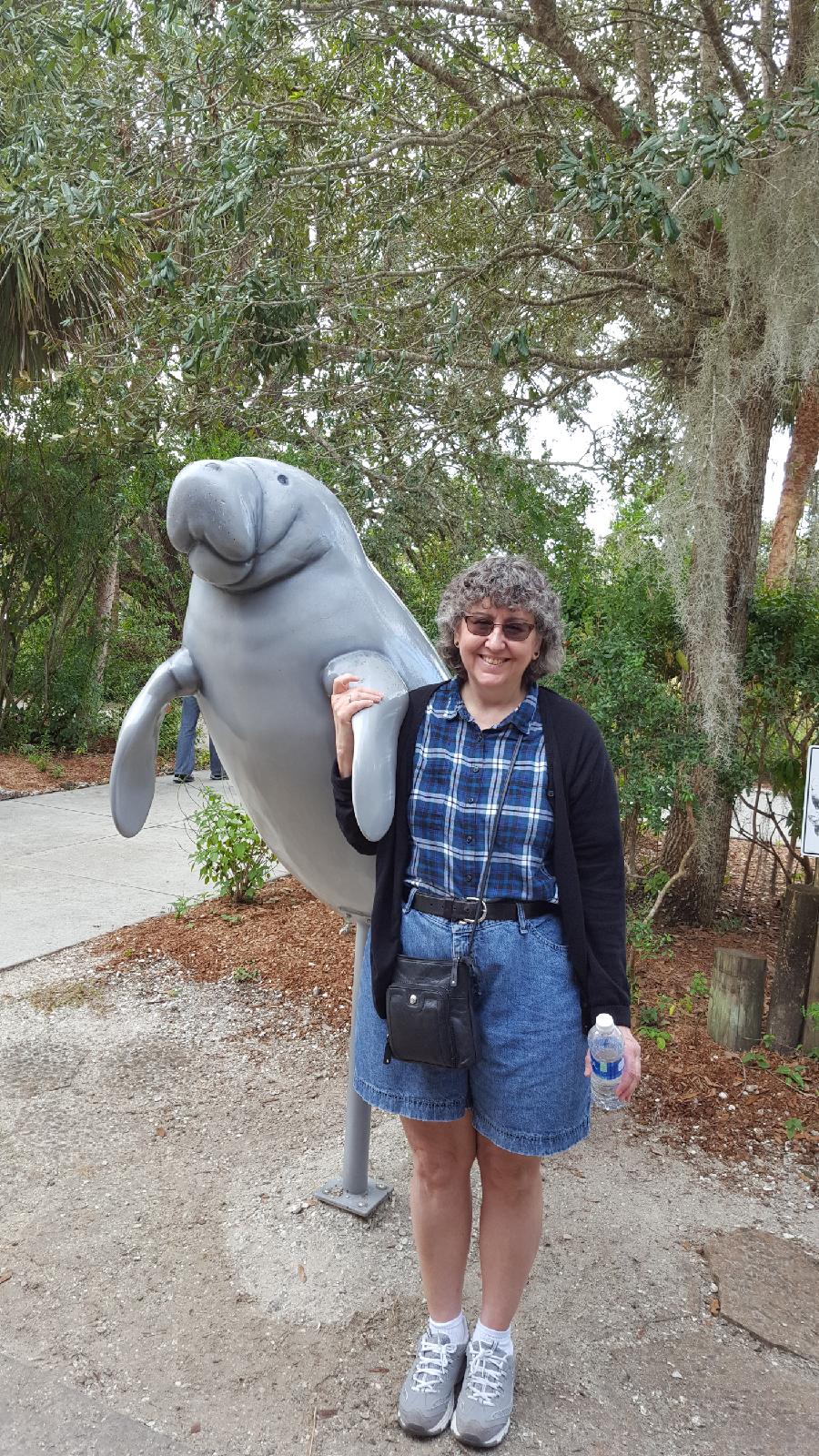
Sandra Larimer, Copyeditor
Sandra K. Larimer has been the copy editor for Aquatic Mammals since Jeanette Thomas took over as the managing editor in 2004 with Volume 30. Jeanette moved the publishing of the journal from England to Western Illinois University in Macomb, Illinois, where she was a professor of Biological Sciences. Sandy worked as an editorial coordinator and later as the publications editor for the publishing services department at WIU from 1986 until her retirement in July 2015. Immediately following her retirement from WIU, she opened a copy-editing services business and now edits three journals from home: Aquatic Mammals, Illinois Reading Council Journal, and Law Enforcement Executive Forum. Sandy received her Bachelor and Master of Arts degrees from Western Illinois University in 1981 and 1983, respectively. She taught Freshman Composition for two years after graduation but discovered that she much preferred editing the papers to teaching others how to write them better. During her time working for the publications division at Western, she edited everything from admissions materials, study guides, and accreditation reports to brochures, research reports, and journals. Basically, she loves to read for work and for fun. She is grateful that she has had the opportunity to continue doing her favorite kind of editing—journals—for her extended career.
Shanee Plate, Layout Designer
Shanee Plate began at Western Illinois University (WIU) in 1991 as a graphic design student and student worker in the WIU copy center. In 1995, she started working full time for the University, as well as working toward her Bachelor's degree in Graphic Design and Art (2000). After working with Aquatic Mammals for several years at WIU, in 2015, Shanee began designing the journal as part of the journal team. Shanee currently lives in Macomb, IL with her husband, Kevin, while her daughter, Whitney, is finishing her Master's degree in English. In her spare time, Shanee likes to go antiquing and tinker in stain glass, woodworking, and photography.
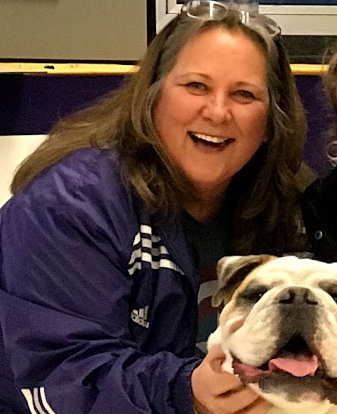
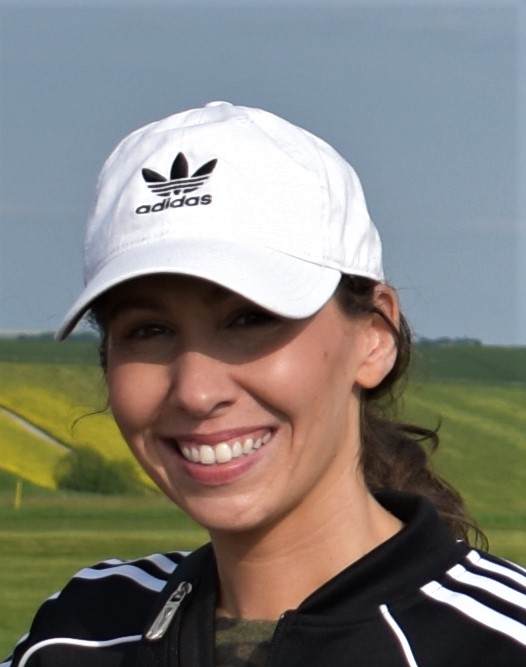
Brittany McIntosh, Assistant Editor
Brittany McIntosh has been working as Assistant Editor for the journal since June 2019. She attended the University of New England and graduated with a B.S. in marine biology in 2010. After that, she spent the next several years completing internships and working on short-term projects all around the country (U.S.); collecting acoustic data off Santa Rosa Island, CA, photographing wild dolphins with the Dolphin Communication Project in Bimini, Bahamas, and assisting with dolphin surveys at the University of Southern Mississippi. Brittany completed the Evolution, Ecology, and Behavior M.S. program at the University at Buffalo in 2014. Since then, she has worked as a NOAA Fisheries Observer, and most recently, as a Fisheries Data Analyst for a federal contractor in the DC area. Brittany is excited to be a part of the editorial team, to continue to hone her editing skills, and, of course, to stay up-to-date on all the latest in marine mammal science!
Business
Gina Colley, Business Manager
Gina Colley began working with the Aquatic Mammals journal in 2005, when Jeanette Thomas was the Managing Editor. Gina worked at Western Illinois University (WIU) in Macomb, Illinois, as a Staff Clerk and, as one of her duties, she managed the journal subscriptions and prepared the print copies of the journal for mailing. Gina retired from WIU in December 2016, and was lucky enough to continue working with Aquatic Mammals and Kathleen. Now, Gina manages subscriptions, prepares invoices, and monitors and responds to e-mails from subscription agencies, authors, and subscribers. Gina has a Bachelor of Business in Finance from Western Illinois University and has lived in Macomb, a small rural town in midwestern Illinois, her entire life. Gina and her husband, Monte, have been married 39 years. They have three children and three young grandchildren.
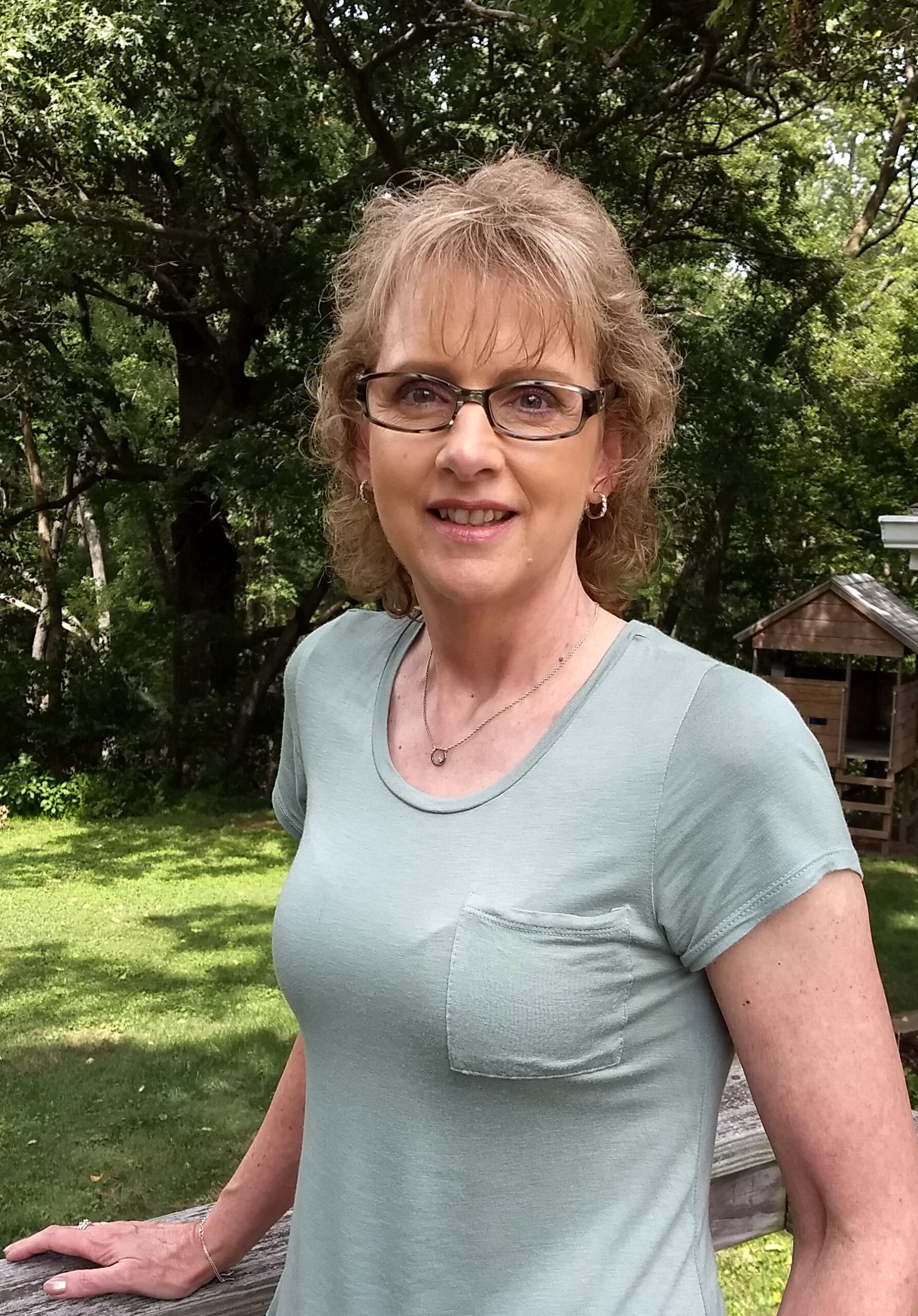
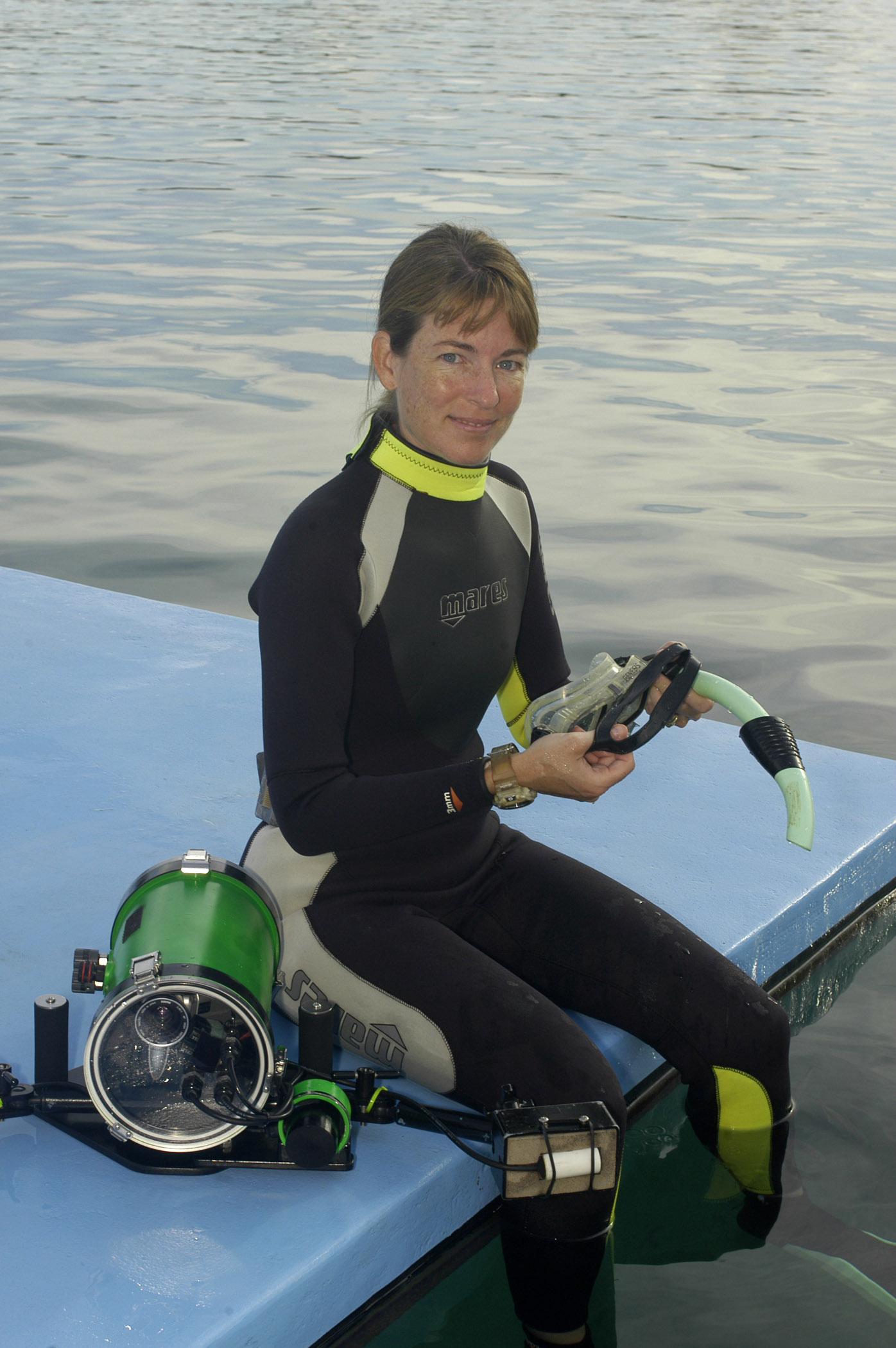
Dr. Kathleen M. Dudzinski
Kathleen M. Dudzinski, Ph.D., has studied dolphin communication since 1990. She has studied behavior and communication in Bahamas’ Atlantic spotted dolphins, bottlenose dolphins at Mikura Island, Japan, dusky dolphins in Patagonia, bottlenose dolphins off Belize, and several groups of captive dolphins in Europe, Japan, and Central America. To better understand dolphin communication, Kathleen designed and built a mobile video/acoustic array (MVA) for simultaneously recording the behavior and vocalizations of dolphins underwater. In 2003, Kathleen was inducted into the Women Divers Hall of Fame for her work in science and education related to the oceans and marine conservation. Kathleen collaborates with colleagues and advises graduate students on topics related to dolphin acoustics, behavioral development, cognition, and physiology.
